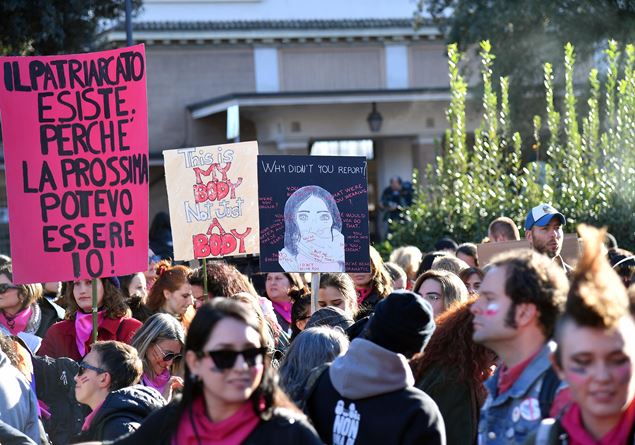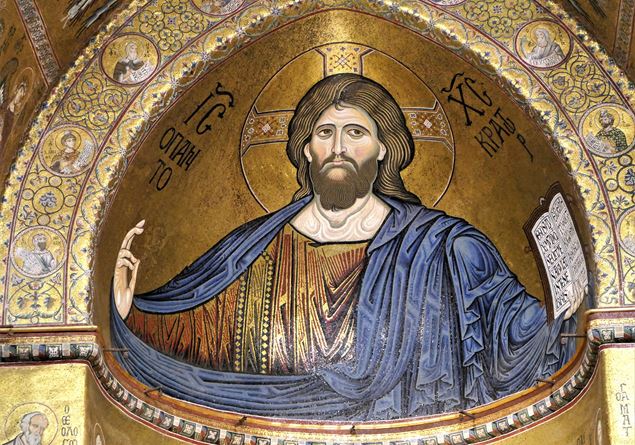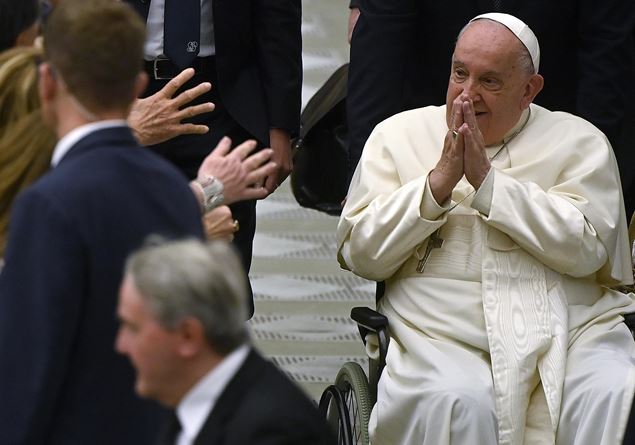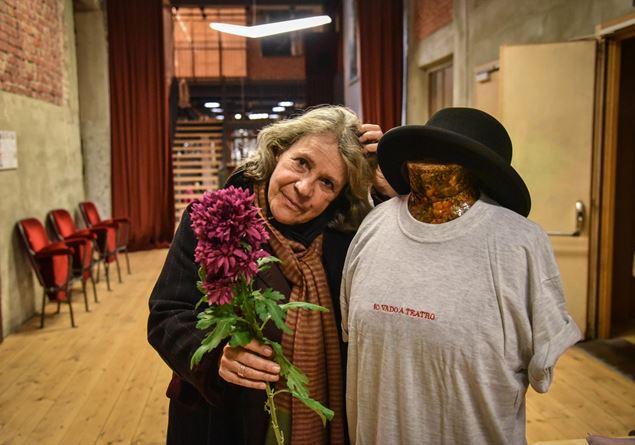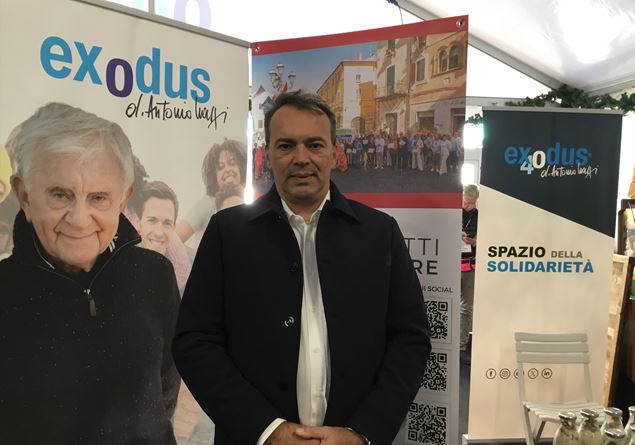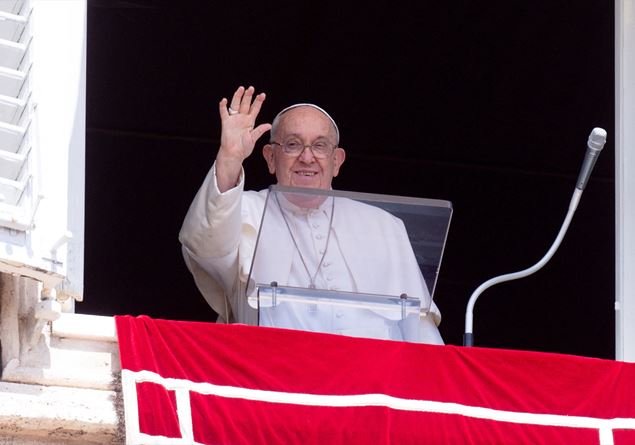
The Pope’s grief for the thousands of people infected by monkeypox, especially in the Democratic Republic of Congo. Francis asks to share the tools and technologies to stop this new and increasingly dangerous epidemic. And in the meantime he also thinks of the “beloved people of Nicaragua” who are facing the repression of the regime. He encourages them by underlining that “the Holy Spirit always guides history towards greater projects” and asks to entrust oneself to Mary in the “moment of trial”. But then, while he continues to “follow with pain the fighting in Ukraine and in the Russian Federation” he is “feared for the freedom of those who pray” given that the Russian Orthodox Church has been outlawed. “Whoever truly prays prays for everyone”, the Pontiff reiterates. “If someone commits evil against the people.
First he explained the Gospel of the day which «refers to the famous response of Saint Peter, who says to Jesus», who asks him if they also want to go away: «Lord, to whom shall we go? You have the words of eternal life». This, says the Pope «is a beautiful expression, which testifies to the friendship and trust that bind him to Christ, together with the other disciples. Lord, to whom shall we go, you have the words of eternal life. Beautiful. Peter pronounces it at a critical moment. Jesus has just finished a speech in which he said he was the “bread come down from heaven”: it is a difficult language for people to understand, and many, even disciples, who followed him have abandoned him. The Twelve, however, did not: they remained, because in Him they found “words of eternal life”. They heard him preach, they saw the miracles he performed and they continue to share with him the public moments and the intimacy of daily life. They do not always understand what the Master says and does; sometimes they struggle to accept the paradoxes of his love, the extreme demands of his mercy, the radicality of his way of giving himself to all. It is not easy for them to understand, but they are faithful. Jesus’ choices often go beyond the common mentality, beyond the very canons of institutional religion and traditions, to the point of creating provocative and embarrassing situations. It is not easy to follow him. Yet, among the many teachers of that time, Peter and the other apostles found only in Him the answer to the thirst for life, joy, and love that animates them; only thanks to Him did they experience the fullness of life that they seek, beyond the limits of sin and even death. Therefore they do not leave: indeed, all but one, despite many falls and regrets, will remain with Him until the end.
And, brothers and sisters, this also concerns us: for us too, in fact, it is not easy to follow the Lord, to understand his way of acting, to make his criteria and his examples our own. However, the closer we are to him – the more we adhere to his Gospel, receive his grace in the Sacraments, stay in his company in prayer, imitate him in humility and charity – the more we experience the beauty of having him as a Friend, and we realize that only he has “words of eternal life”. So we ask ourselves: how present is Jesus in my life? How much do I let myself be touched and provoked by his words? Can I say that for me too they are “words of eternal life”? I ask you, brother and sister. Are the words of Jesus for you, for me, words of eternal life? May Mary, who welcomed Jesus, the Word of God, in her flesh, help us to listen to him and never abandon him.
